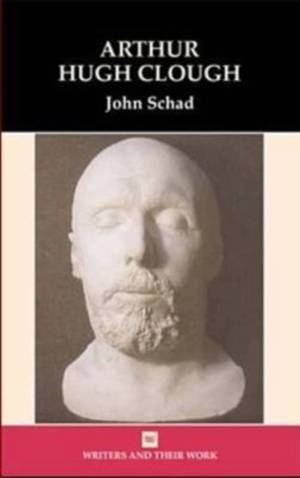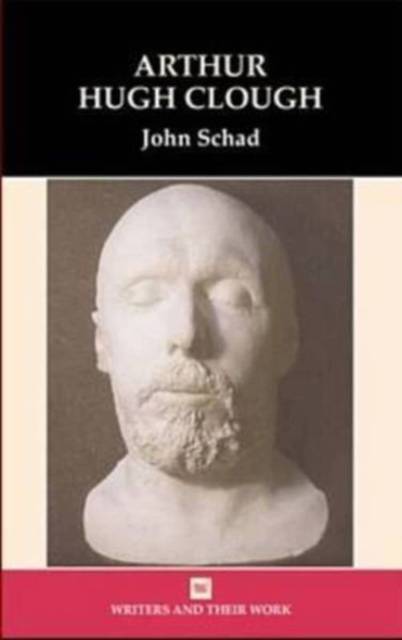
- Afhalen na 1 uur in een winkel met voorraad
- Gratis thuislevering in België vanaf € 30
- Ruim aanbod met 7 miljoen producten
- Afhalen na 1 uur in een winkel met voorraad
- Gratis thuislevering in België vanaf € 30
- Ruim aanbod met 7 miljoen producten
Zoeken
Omschrijving
Swinburne called him a bad poet, Tennyson called him dull, Saintsbury called him thin. John Schad celebrates Clough the anti-poet, a loving laureate of the extraordinary dull, who is so thin we can see through, or beyond him. Clough, argues Schad, never gets in the way of the world, or worlds, of which he writes. And these worlds are many: ranging from the orthodox world of the Anglican Oxford that Clough famously abandons, through the turbulent worlds of Paris and Rome that Clough visits in the wake of the revolutionary events of 1848, to the quietly desperate world of Clough's final years. For Schad, though, Clough's defining world is the very strange world of continental thought, a world which makes him a most un-Victorian Victorian.
Specificaties
Betrokkenen
- Auteur(s):
- Uitgeverij:
Inhoud
- Aantal bladzijden:
- 128
- Taal:
- Engels
- Reeks:
Eigenschappen
- Productcode (EAN):
- 9780746311615
- Verschijningsdatum:
- 5/06/2006
- Uitvoering:
- Hardcover
- Formaat:
- Genaaid
- Afmetingen:
- 145 mm x 223 mm
- Gewicht:
- 303 g

Alleen bij Standaard Boekhandel
+ 111 punten op je klantenkaart van Standaard Boekhandel
Beoordelingen
We publiceren alleen reviews die voldoen aan de voorwaarden voor reviews. Bekijk onze voorwaarden voor reviews.











